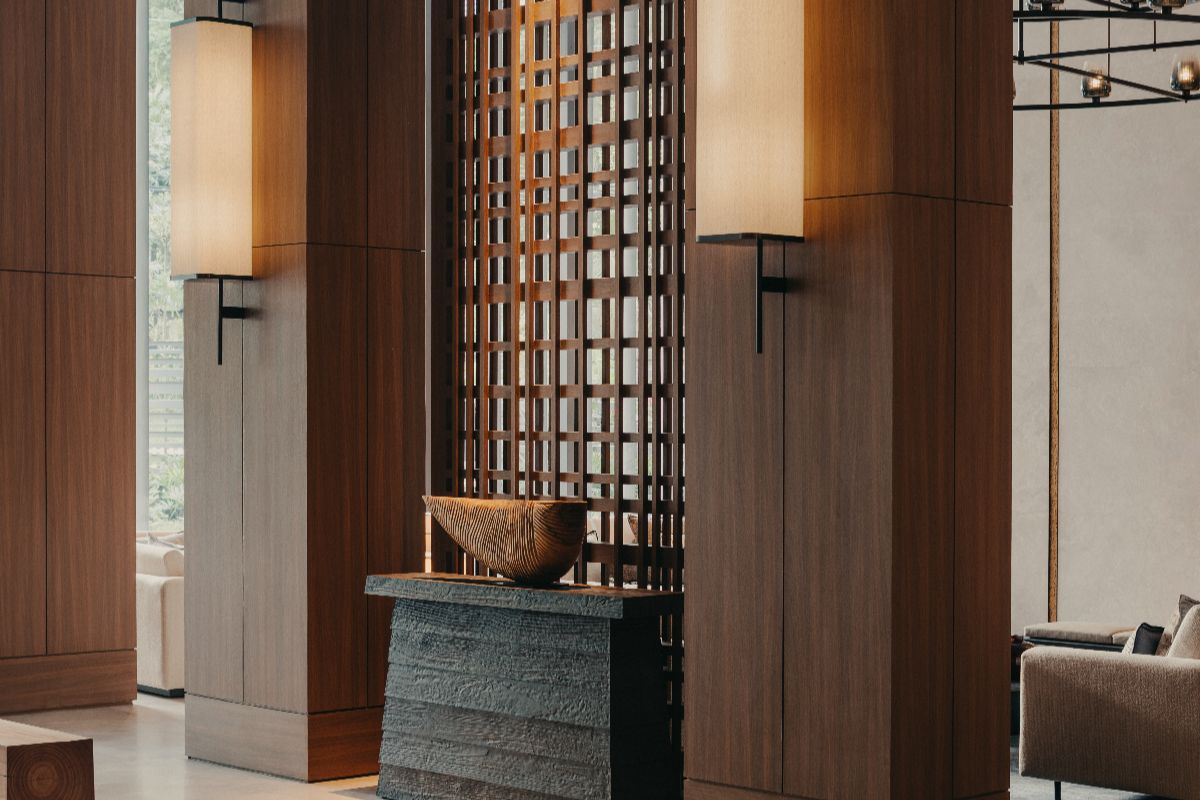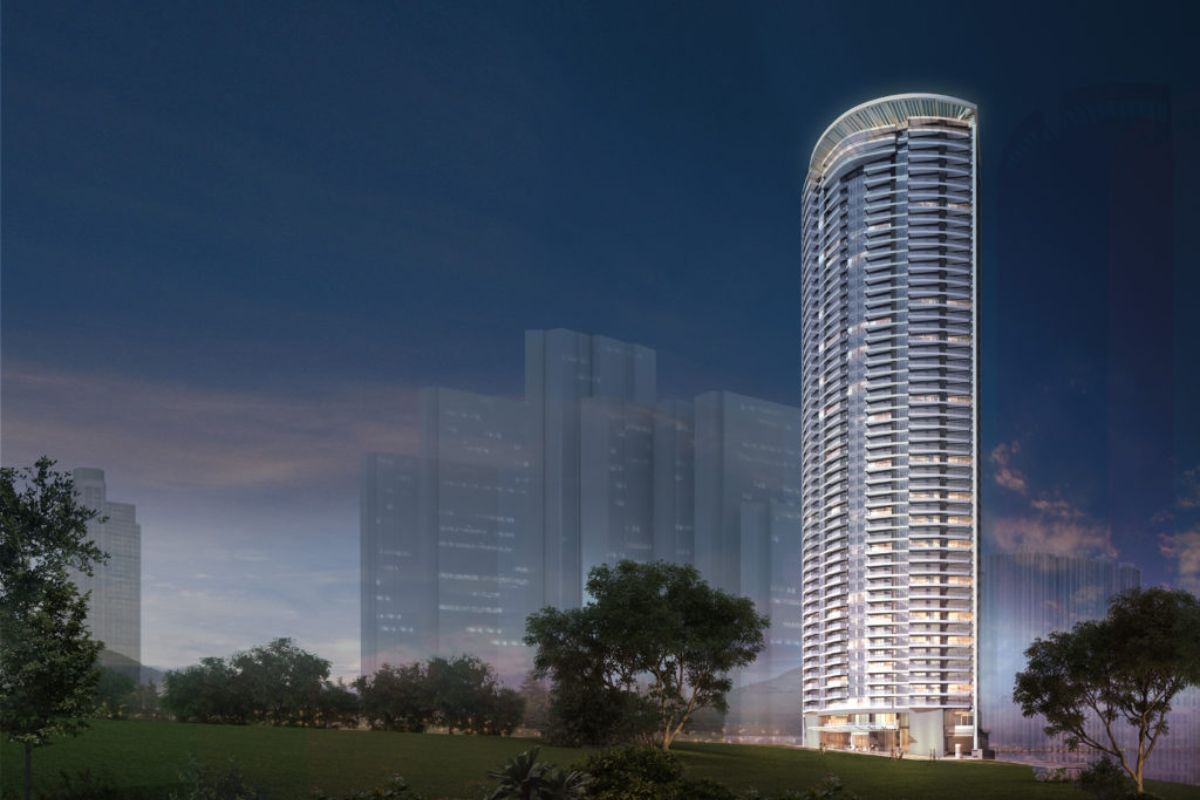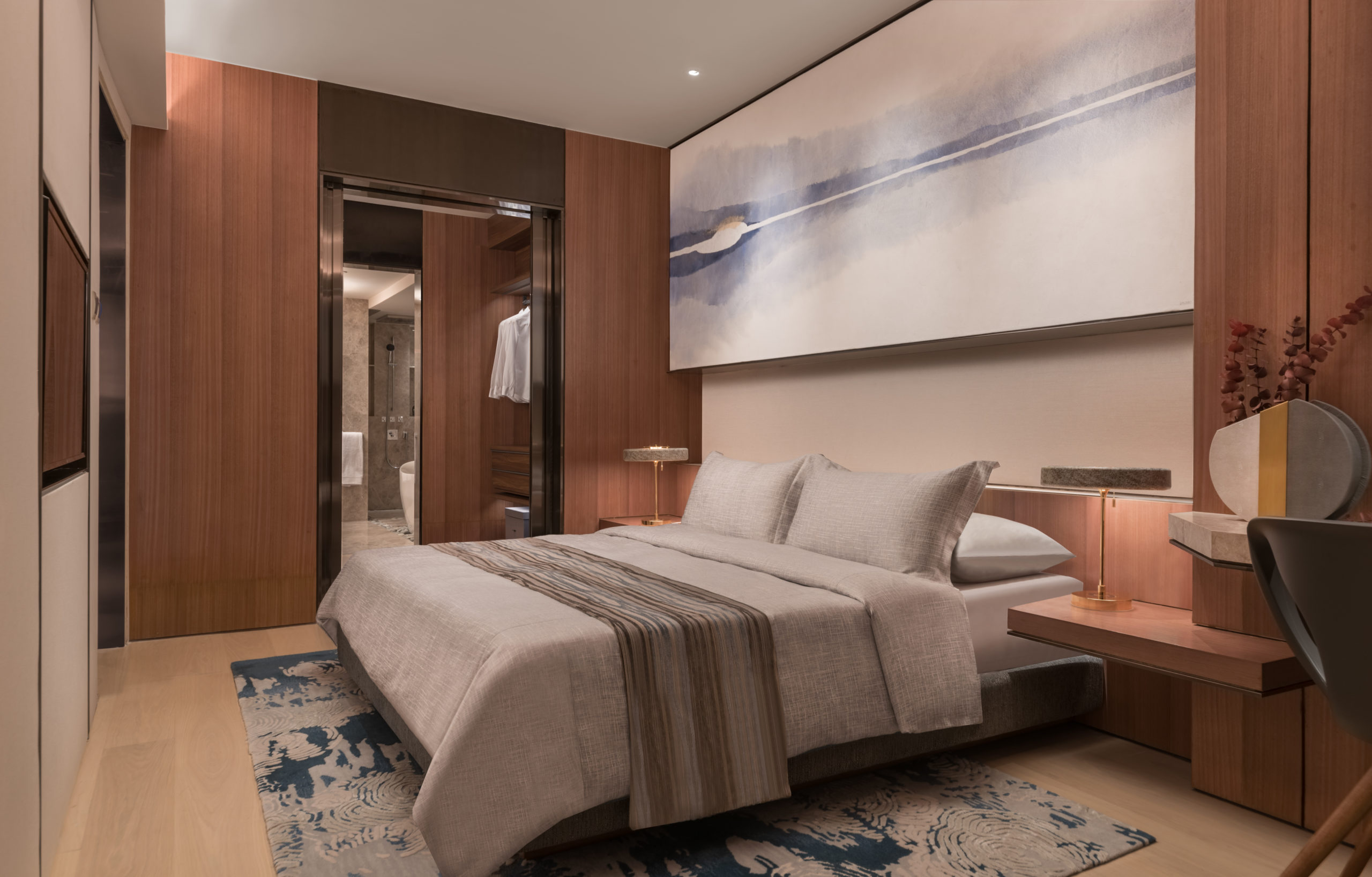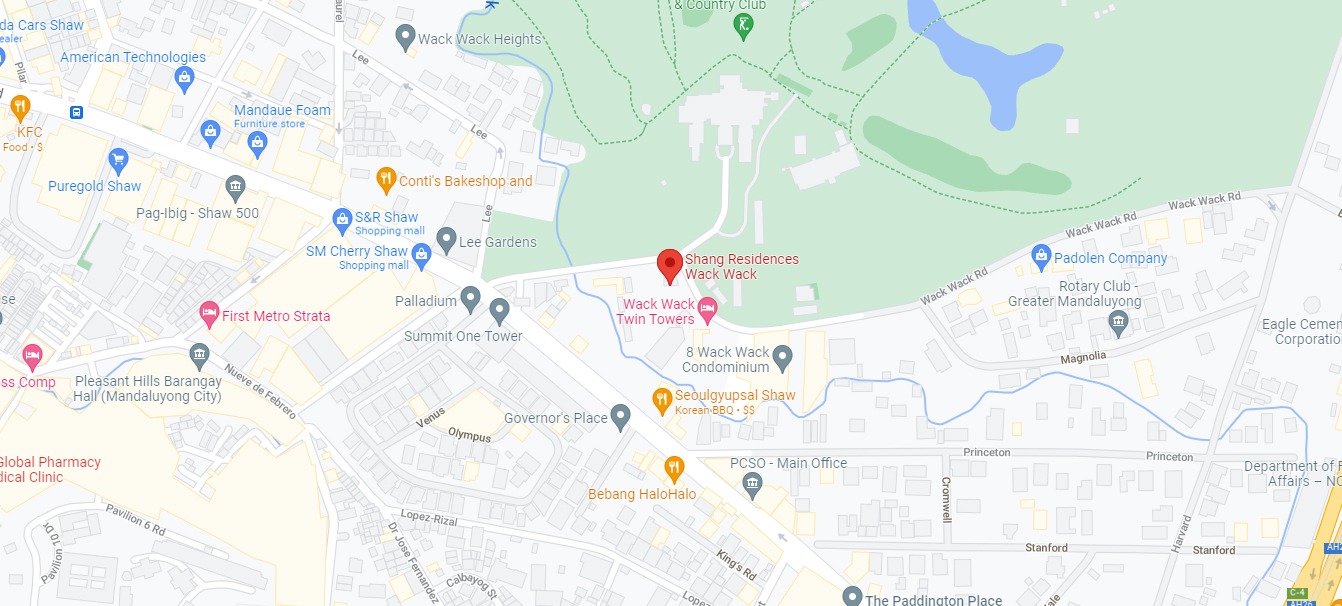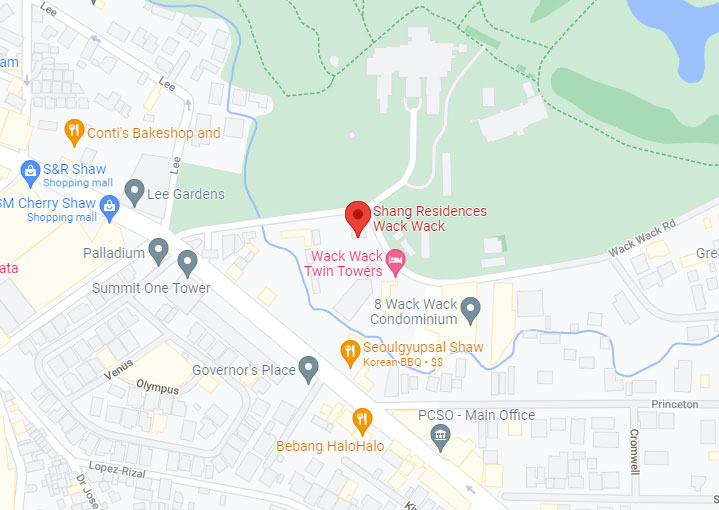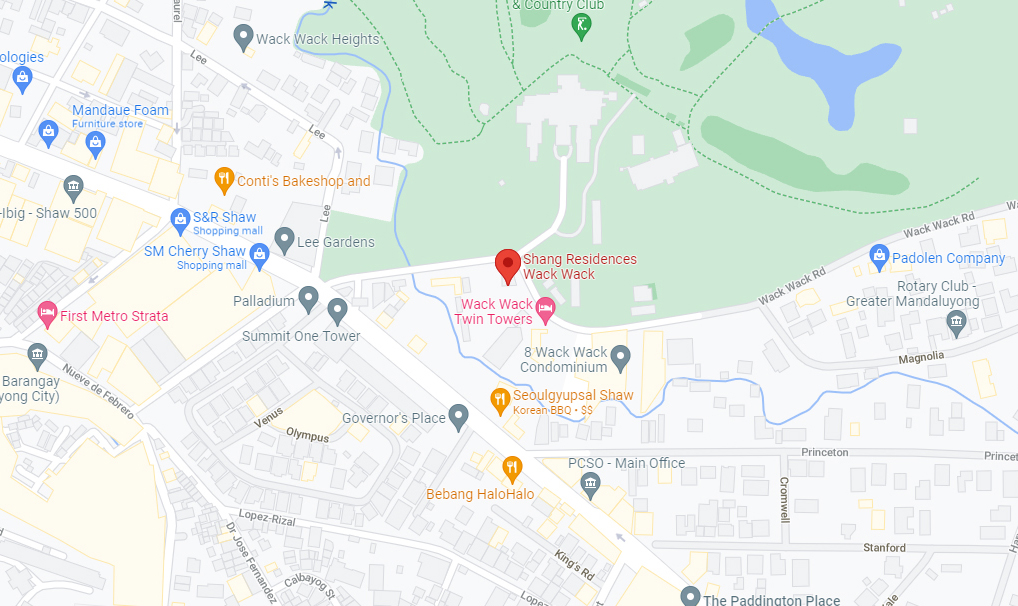This article was initially featured on New Norm. Shang Residences at...
Overview
– Buying a condominium unit in the Philippines involves understanding legal rights and responsibilities to protect your investment.
– Key legal foundations include the Condominium Act, which governs ownership and shared spaces, the Civil Code, which secures property rights, and the Securities Regulation Code, which promotes transparency.
Buying a condominium unit is a major milestone, but it also comes with legal responsibilities that every smart buyer should understand. Before you sign any contract, it’s important to ask: What are your legal rights as a condo owner?
From property ownership and the use of common areas to participation in condominium corporation decisions, knowing your rights can help you make informed choices and avoid future issues. This article outlines the key protections and entitlements provided to condo owners under Philippine law. It’s especially helpful to know now, as Shang Residences at Wack-Wack (SRWW) is currently holding the turnover of its residential units.
Legal Foundations of Condominium Ownership
Condominium ownership in the Philippines is backed by clear legal structures that protect both your investment and your rights. Understanding these foundations ensures you’re not just buying property. You’re securing your place within a well-regulated community.
The Condominium Act (Republic Act No. 4726)
This law serves as the main guide for owning a condominium unit in the Philippines. It gives you the right to own your unit, share ownership of common spaces like lobbies and hallways, and be part of the condominium corporation. It ensures a balance between private ownership and shared responsibility within the building.
Civil Code of the Philippines (Book II)
The Civil Code supports your rights as a property owner, especially in co-owned spaces like condominiums. It guarantees your right to live peacefully in your unit and to sell, lease, or pass it on to others. It also defines the responsibilities you have to your neighbors and the larger community.
Republic Act No. 8799 (Securities Regulation Code)
This law promotes transparency, especially for condominium corporations that issue shares or are publicly listed. As a unit owner, you have the right to access financial statements, records, and reports. This helps you stay informed and involved in how the building is managed.
Local Government Codes and Zoning Laws
Local ordinances and zoning rules determine what can be built or developed in certain areas. These laws can affect how your property is used or what developments may happen nearby. Knowing them helps you understand your rights and what changes may impact your investment.
Condominium Corporation By-Laws
These bylaws act as the rulebook for how your residential community operates. As a unit owner, you have the right to participate in shaping and updating these rules. It ensures that your voice is heard in decisions that affect your daily living experience.
Rights of Condominium Owners Under Philippine Law
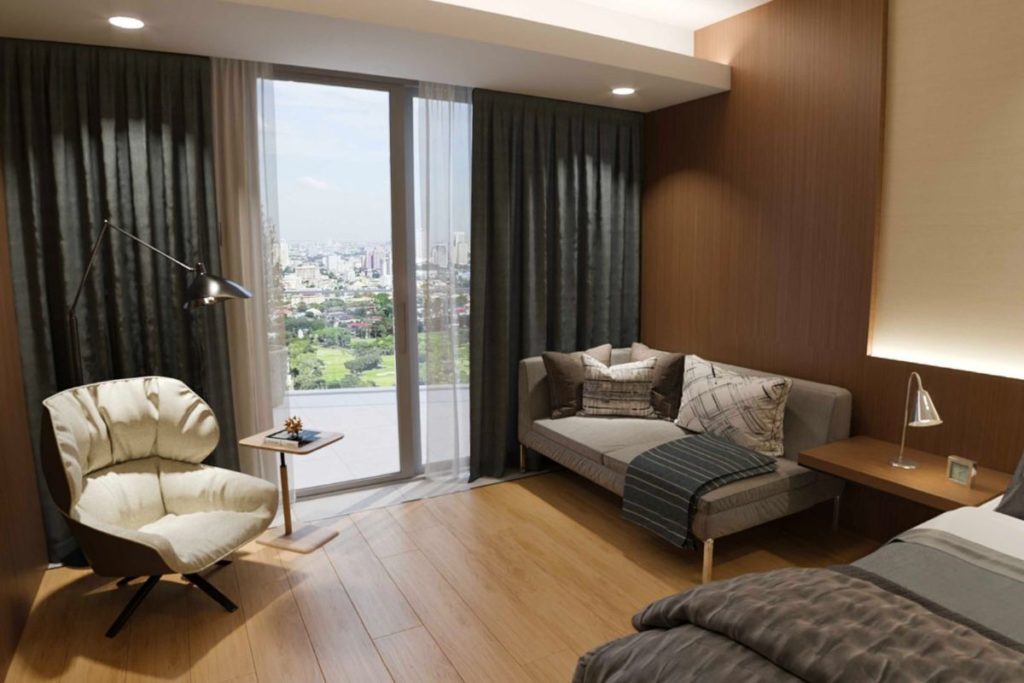
Owning a residential unit in a condominium development comes with more than just a deed—it grants you specific rights protected by law. Understanding these entitlements ensures you can enjoy your investment fully and confidently participate in your community.
Property Rights
As a unit owner, you have full ownership of your residential space and a shared stake in common areas like hallways and amenities. You can sell, lease, or mortgage your unit, as long as you follow the condominium corporation’s rules. These rights allow you to treat your unit as a personal asset while respecting shared ownership boundaries.
Participation in the Condominium Corporation
You have the right to vote during general meetings and help shape decisions that affect your residential community. You’re also entitled to review financial statements and official records to stay informed about how the building is being managed. The board of directors, elected by the unit owners, holds the responsibility for implementing policies and overseeing operations.
Use of Common Areas
Residents can freely access shared spaces like pools, gyms, and lounges, but must use them responsibly and respectfully. Everyone shares these amenities, so no resident can claim exclusive use. Clear rules help make sure the common areas remain enjoyable for all.
Maintenance Responsibilities
You’re expected to take care of your unit’s interior—this includes fixing plumbing, appliances, and other internal features. The condominium association, meanwhile, is responsible for maintaining shared areas and building-wide systems. If they fall short, you have the right to raise concerns and demand proper upkeep.
Right to Peaceful Enjoyment
As a homeowner, you are entitled to live in a safe, quiet, and orderly environment. Laws and bylaws are in place to protect you from excessive noise or unruly neighbors. If disturbances occur, you have the right to report them and seek resolution.
How Legal Rights Protect Condominium Owners in the Philippines
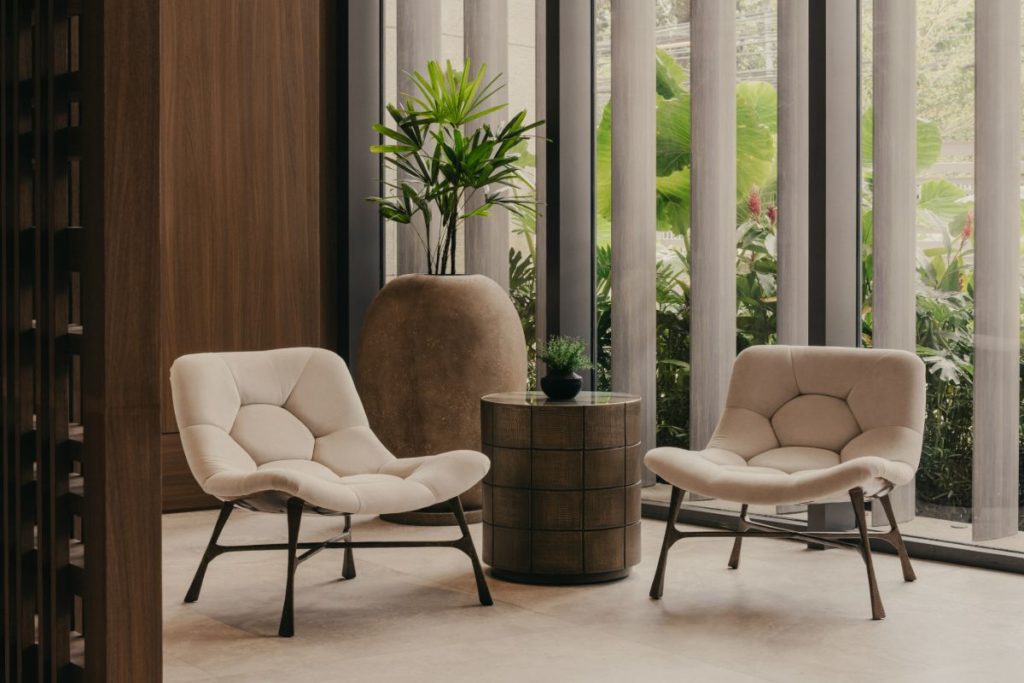
Legal rights aren’t just formalities—they’re your first line of defense as a condominium owner. Whether it’s resolving disputes, ensuring fair treatment, or holding the management accountable, these protections give you the power to live confidently and securely.
Legal Protections for Property Value
Your legal rights help preserve the value of your residential property by ensuring proper upkeep and responsible management. This prevents issues like poor maintenance or mismanagement from affecting your unit’s worth.
Security and Privacy Rights
Condominium owners are entitled to safety and personal privacy within their units. Laws require the management to implement adequate security measures while respecting boundaries against unauthorized entry or surveillance.
Dispute Resolution
Philippine laws provide structured ways to resolve disagreements between unit owners and the condominium corporation. The Condominium Act outlines processes to address issues fairly and protect everyone’s rights.
Tips for Ensuring Your Legal Rights Are Upheld
To ensure your legal rights as a condominium owner are protected, it’s essential to stay informed and proactive. Here are some valuable tips to help safeguard your interests.
- Know Your By-Laws: Review and fully understand the condominium’s by-laws before purchasing a unit to avoid any surprises down the line.
- Be Informed About Maintenance Responsibilities: Clarify the responsibilities for maintaining both your unit and the shared common areas to prevent conflicts later.
- Engage in Governance: Actively participate in condominium meetings, voting, and management decisions to have a say in how your property is run.
- Seek Legal Assistance: Consult a real estate lawyer if needed to ensure that all legal aspects of your ownership are addressed properly.
Key Takeaway
Now that you know what your legal rights as a condominium owner are, you’re ready to step into your new space with confidence and peace of mind. At Shang Residences at Wack-Wack, we are committed to ensuring that you feel right at home from day one.
Join the vibrant community in this luxury residential development and experience a lifestyle where your rights and comfort are prioritized. Get in touch with us today and take the first step toward making this your perfect home.
